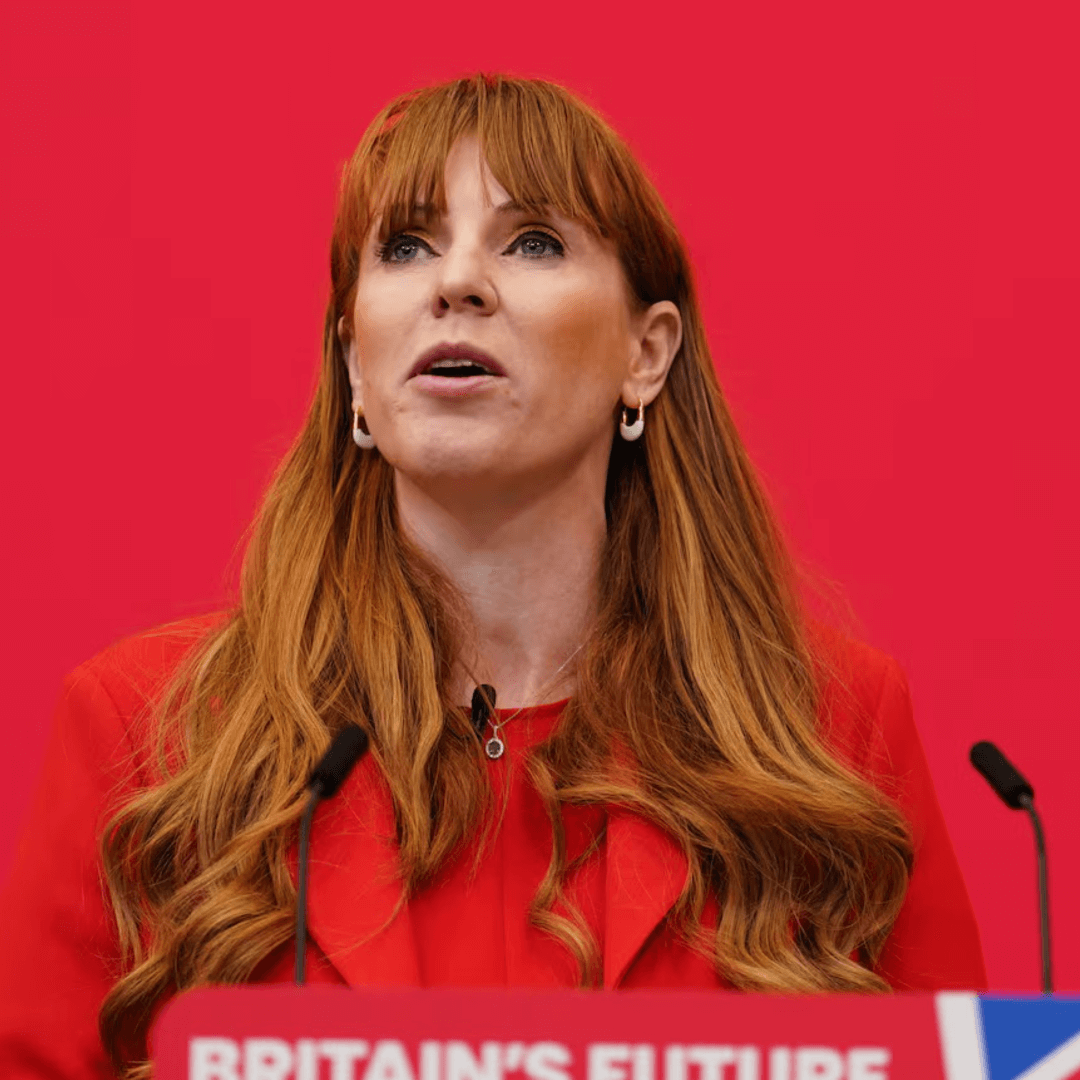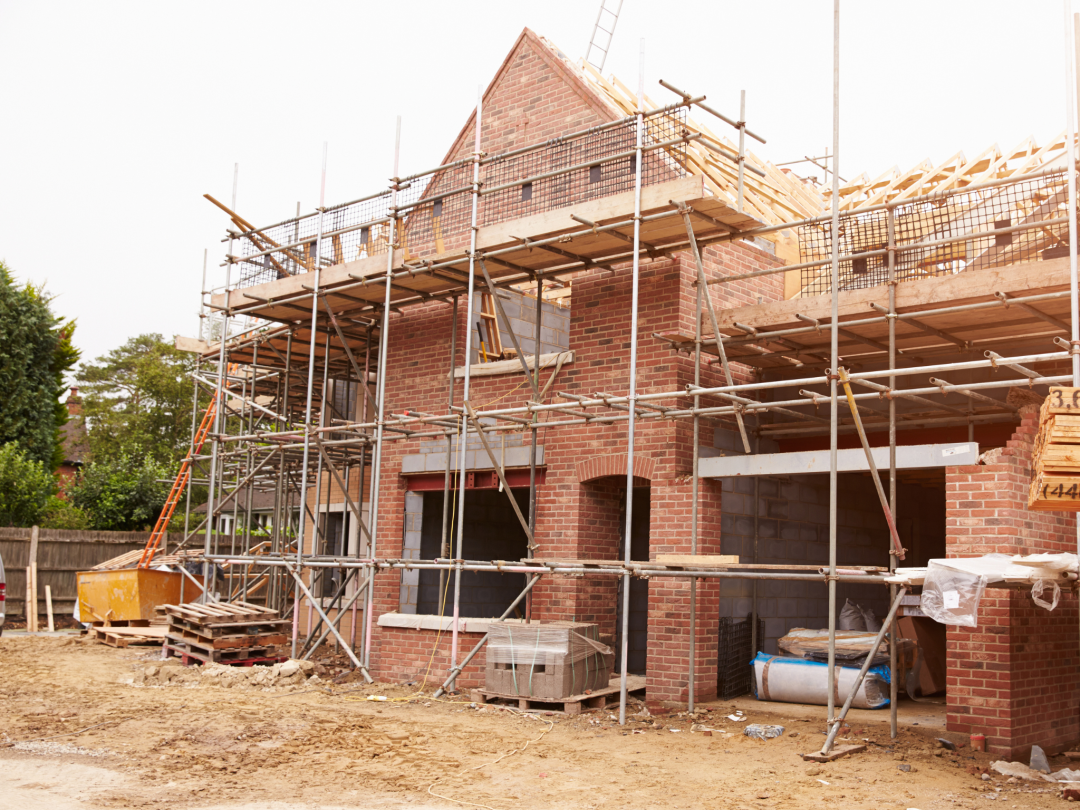Labour Local Government Conference 2018
‘Municipal socialism’ was the buzz phrase at this year’s Association of Labour Councillors Annual Conference in Nottingham. Councillors shared how they could act on the party’s 2017 manifesto now, no need to wait for a change of national government.
The National Executive Committee’s sinister intervention or welcome mediation (depending on who you spoke to) in Haringey loomed large. The mention of Leader Claire Kober was met with a cheer and standing ovation at Friday night’s dinner. Was this going to boil over the next morning? Not so much. Things simmered gently in the background, but no one stormed out during Jeremy Corbyn’s speech as had been rumoured, nor were there any dissenting interruptions. In fact, the Leader entered to a standing ovation himself; perhaps the disgruntled had stayed away. In a carefully calibrated response, the Labour leader stressed the local nature of the opposition to the Haringey Development Vehicle, the NEC’s role as a benign mediator and the difficulty faced by Labour councils in the context of national austerity. He stopped short, though, of praising Claire Kober herself. This was left to Andrew Gwynne, Shadow Secretary of State for Housing, Communities and Local Government, who later underlined Labour’s commitment to the sovereignty of councils.
After a spot of navel-gazing on the internal party democracy review, discussions in the main conference hall turned to housing, with Shadow Minister for Housing, Tony Lloyd MP, in support. Money, as ever, was the major concern. Repeated calls were made for central government to remove the limit on the amount local authorities can borrow to build homes. Many local councils of course – Labour included – have now set up their own housing companies to drive investment. The division in Nottingham looked to be between those who see that as an opportunity, and those who see it as another ugly consequence of austerity. One thing that united all, however, was the absolute necessity for local government – not Whitehall – to drive the construction of homes.
Breakout sessions ranged from the benefits of the single market for local communities, to clean air, to delivering inclusive growth, to health. A session organised by Momentum was to explore what local government might do with a Corbyn government. We heard instead about what was being done now by the likes of Paul Dennett, Mayor of Salford, on financial inclusion and housebuilding.
We also heard the case for bringing certain local authority services back ‘in-house’, organised by the Association of Public Service Excellence (APSE). A survey by Survation for APSE showed that 73% of respondent councils (of all political stripes) had considered insourcing some services, particularly building maintenance. The case for better, more sensitive private sector engagement with local authorities has perhaps never been more urgent.








